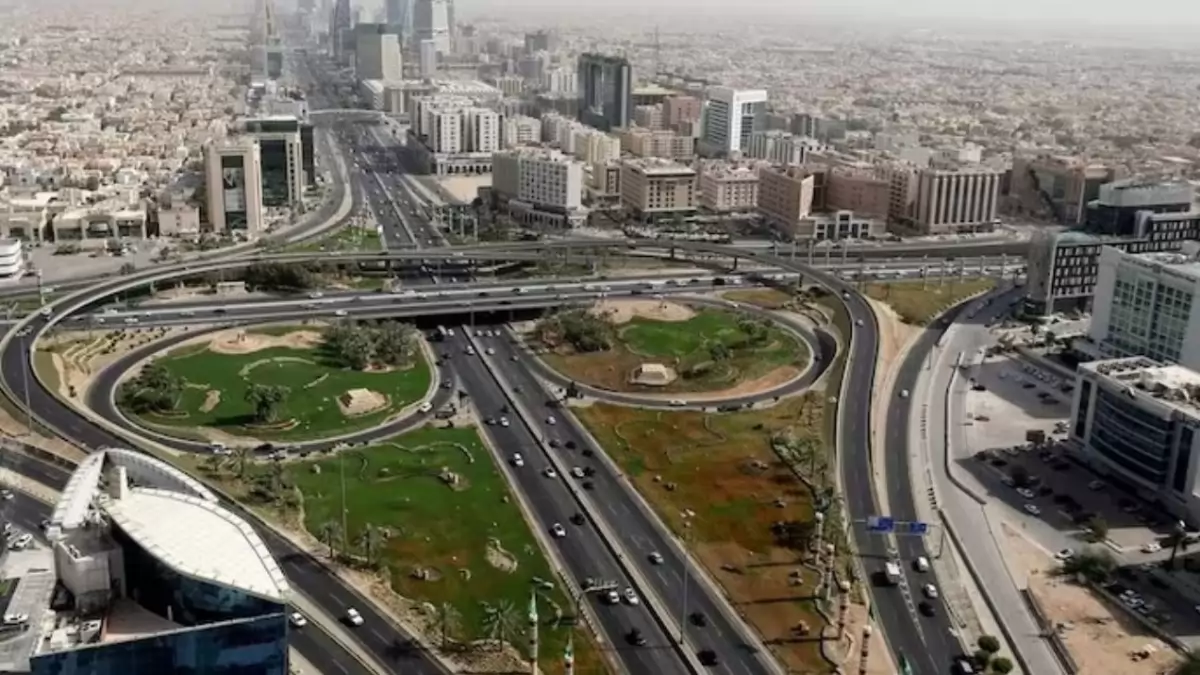
Representation
In a major policy shift, the Kingdom of Saudi Arabia (KSA) is set to open its first authorized alcohol store that will exclusively cater to non-Muslim foreign diplomats based in the conservative Islamic kingdom, according to officials.
The alcohol shop will be located in Riyadh's high-security Diplomatic Quarter where embassies and diplomatic missions are headquartered, as per a recent AFP report. Until now, foreign diplomats had to import liquor into the country via special sealed diplomatic pouches.
Saudi authorities stated the move aims to introduce a regulatory framework around alcohol purchases and prevent unlawful trafficking of liquor products received by missions. "The new process will allocate specific quantities of alcohol goods to end uncontrolled exchanges," an official statement said.
Alcohol remains forbidden under Islam, the official state religion in Saudi. Punishments for consuming liquor include flogging, fines, deportation, and jail time. The kingdom houses Islam's two holiest sites - Mecca and Medina - giving the decision added sensitivity.
Analysts see the relaxation of alcohol rules as part of Saudi Arabia's drive to make the country more attractive for foreign investment, ex-pats, and tourists amid rising competition with Gulf neighbors like the UAE. Dubai, for instance, serves alcohol freely across numerous hotels and licensed venues.
The liquor law changes also align with reforms championed by Crown Prince Mohammed bin Salman's Vision 2030 program that aims to steer Saudi away from dependence on oil and ease longstanding social restrictions.
With Saudi eyeing the 2034 FIFA World Cup hosting rights, creating an alcohol infrastructure is seen as a prerequisite.
Experts believe Saudi also took cues from World Cup 2022 host Qatar's experience handling alcohol availability.
Qatar limited liquor access despite guarantees, sparking backlash. Saudi will likely avoid similar pitfalls as it continues opening up to foreigners under Vision 2030.
Broadly, increasing social freedoms like allowing alcohol sales marks a philosophical shift away from Saudi Arabia's ultraconservative Wahhabi roots that mandated strict adherence to Islam in governance and society.
Women being allowed to drive also stems from the same reform push targeting economic growth and diversity.





Copyright © 2025 Top Indian News
